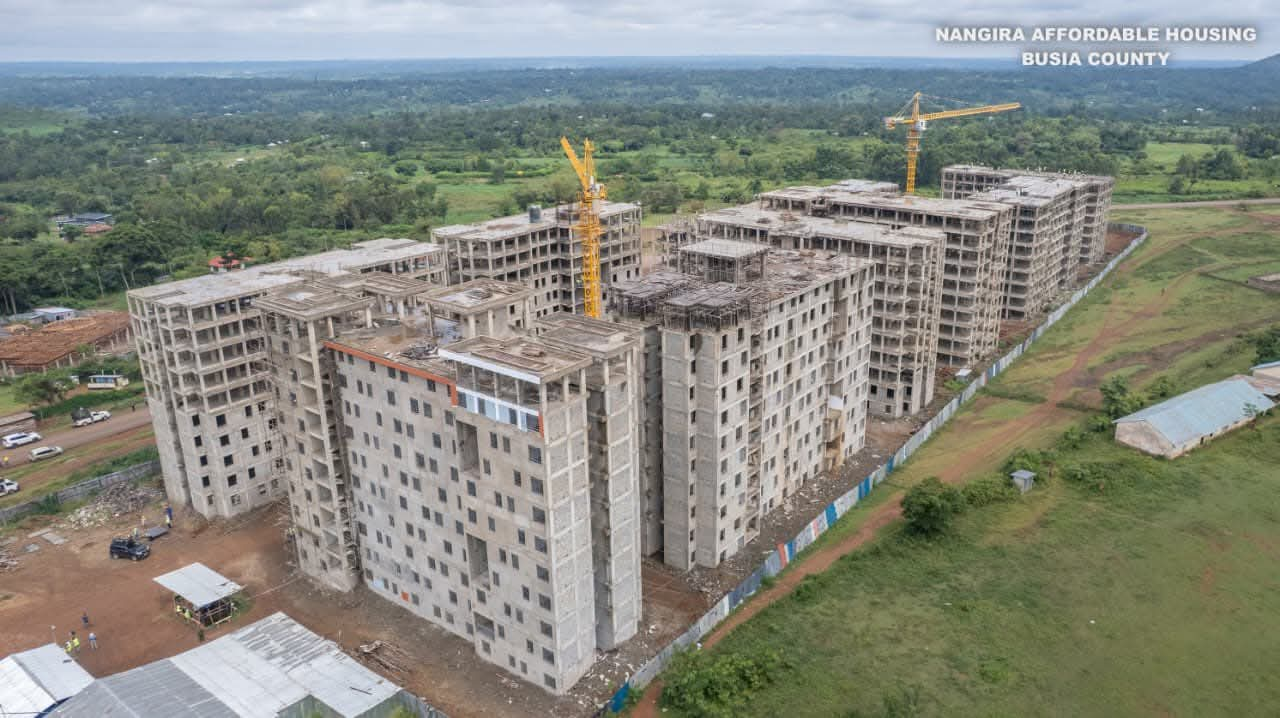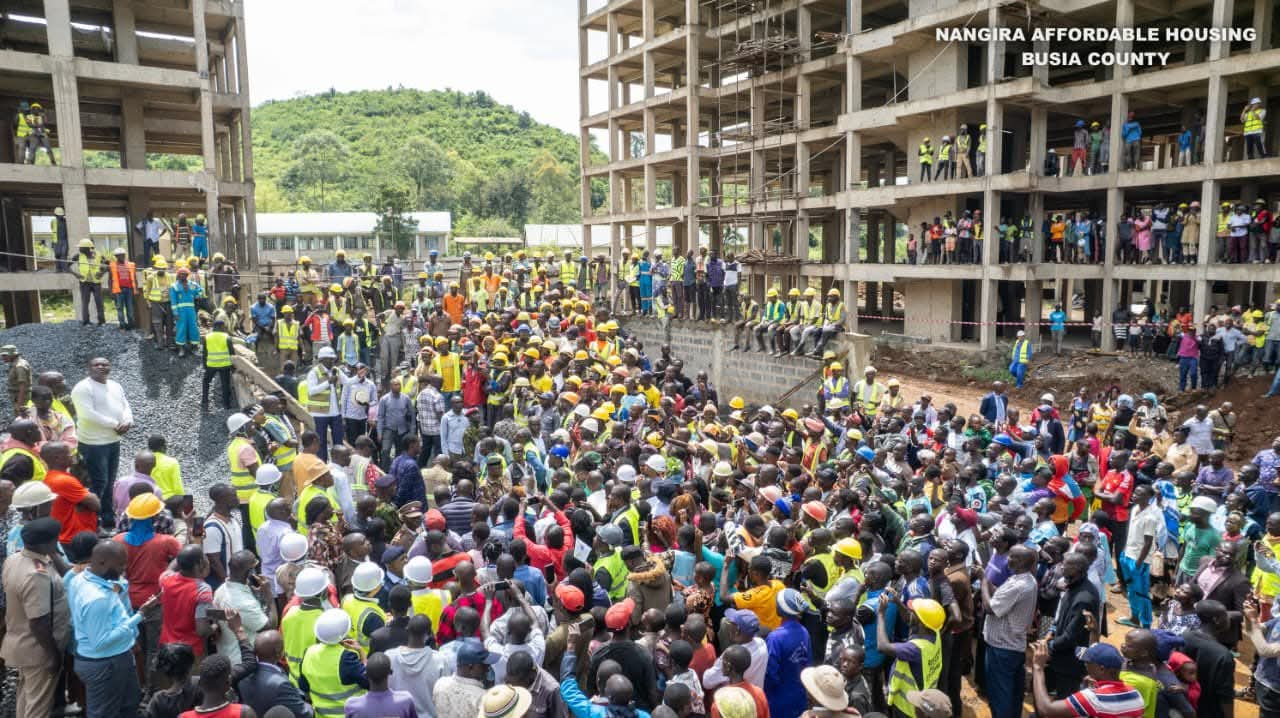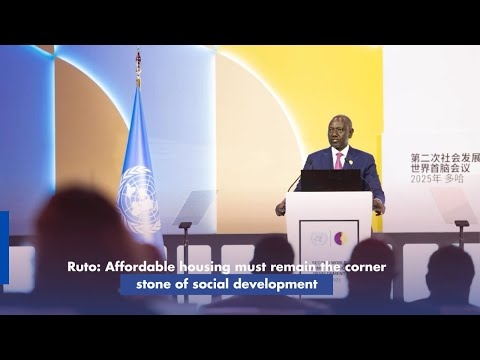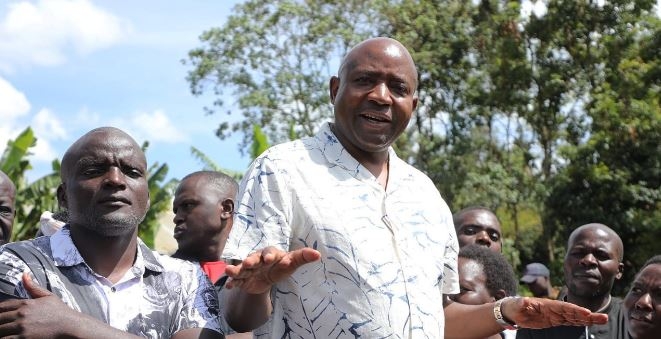
 Housing Principal Secretary Charles Hinga receives the award on behalf of the government in Cape Town, South Africa./HANDOUT
Housing Principal Secretary Charles Hinga receives the award on behalf of the government in Cape Town, South Africa./HANDOUT
Kenya’s Affordable Housing Programme has received international recognition for its role in promoting urbanisation and improving access to decent housing across the country.
The State Department for Housing and Urban Development was feted in Cape Town, South Africa, where it received the Certified Bronze Gigacity Award 2025 from the World Broadband Association (WBBA). Housing Principal Secretary Charles Hinga received the award on behalf of the government.
Hinga was also recognised for his contribution to the growth of megacities in Kenya through the smart cities initiative.
Speaking during the ceremony, WBBA Director General Martin Creaner commended the department for revising the Building Code to support high-speed gigabit connectivity.
 An ongoing Affordable Housing project in Busia county/HANDOUT
An ongoing Affordable Housing project in Busia county/HANDOUT
According to the award organisers, gigacities boost the productivity of local businesses by easing access to services and supporting smart technologies. The recognition places Kenya among countries building modern urban centres with strong digital infrastructure.
The Affordable Housing Programme currently has more than 214,057 housing units under construction across all 47 counties.
Hinga said the programme is not only focused on decent housing but also on creating employment opportunities for young people, women and the Jua Kali sector.
He said billions of shillings had been reserved for Jua Kali artisans to supply doors and windows for the ongoing projects. The programme has also driven demand in the manufacturing sector, creating a market for cement, steel and other building materials.
“Today in Kenya, every major town's flagship project is under the affordable housing program. The programme is now a reality and has stimulated economic activities beyond the traditional brick and mortar workforce to focus on technological and new innovations,” he said.
 President William Ruto addressing residents and workers at the Nangira Affordable Housing Project site in Busia county./HANDOUT
President William Ruto addressing residents and workers at the Nangira Affordable Housing Project site in Busia county./HANDOUT
He noted that the housing programme has already created more than 300,000 direct and indirect jobs and is expected to generate up to one million jobs during its lifecycle.
He added that Kenya has become a continental model for smart urban development.
“Kenya has set the benchmark for Africa in integrating smart urban transformation. Projects such as the Boma Yangu Mukuru Housing Estate and Konza Technopolis, where we are developing over 2,000 housing units, are now being showcased by UN-Habitat and other partners as models of sustainable city-building,” he said.
The gigacities and smart cities initiatives are part of Kenya’s broader urban agenda, which aims to embed sustainability, climate resilience and equity in all developments.
Officials say these technologies support digital governance, improve service delivery, and create environments that encourage technological innovation and business growth.

















